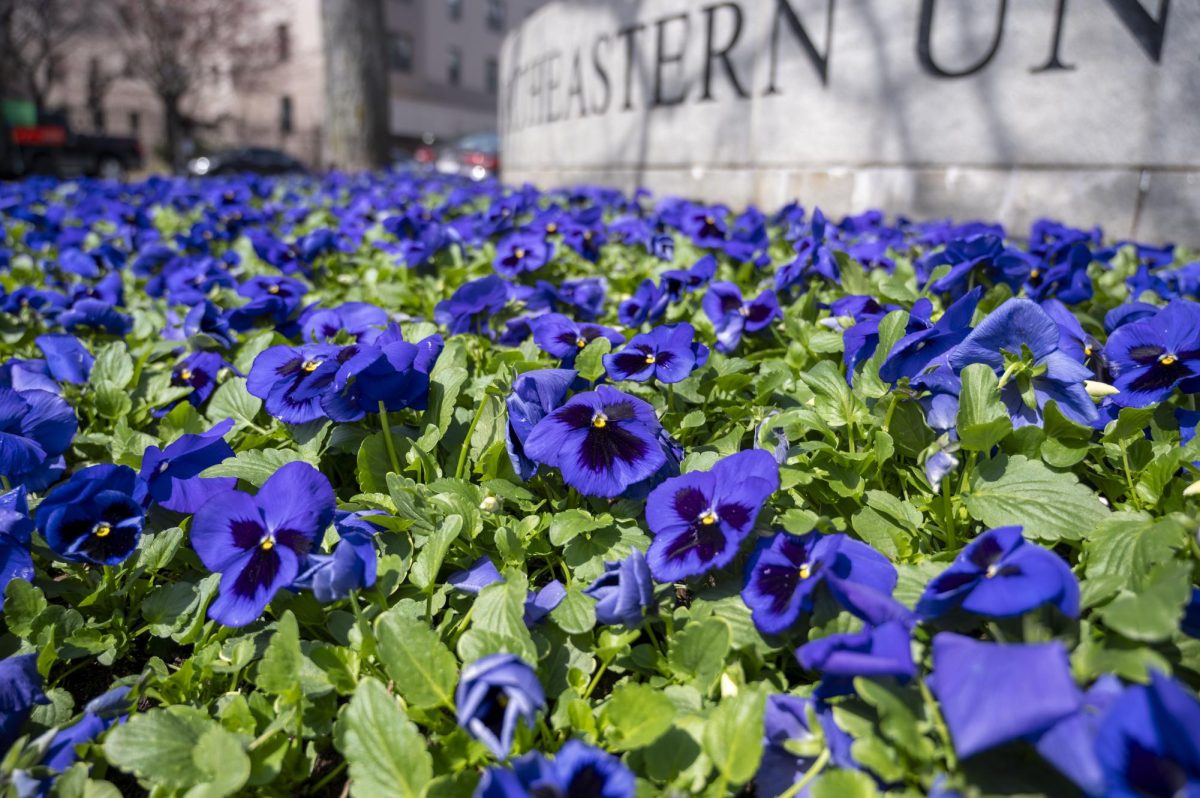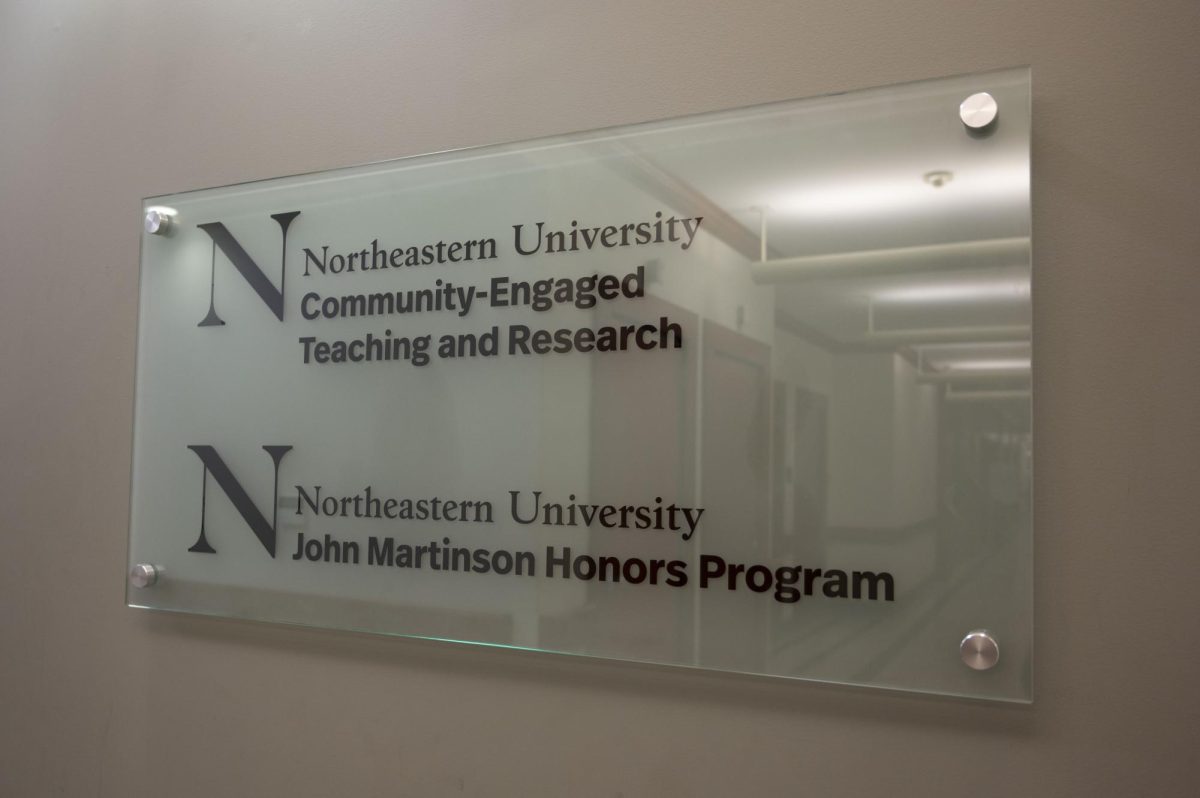Tuesday night, for the second year in a row, President Barack Obama called on colleges and universities across the nation to bring down tuition costs.
“Through tax credits, grants and better loans, we have made college more affordable for millions of students and families over the last few years,” Obama said during his State of the Union address. “But taxpayers cannot continue to subsidize the soaring cost of higher education. Colleges must do their part to keep costs down, and it’s our job to make sure they do.”
But our Northeastern President Joseph E. Aoun disagrees. Last year after Obama first called on universities to freeze, if not reduce tuition costs, Aoun spoke to the Student Government Association (SGA) about the issue.
“I am not in favor of tuition freezes,” he said. “I am in favor of financial aid increases.” He explained his reasoning: “Over the last five years tuition on average has risen around 3.8 to 3.9 percent, but [the increase] in financial aid has doubled.”
Let’s talk economics, President Aoun.
First, over that same five year period, according to the US Bureau of Labor Statistics, the average rate of inflation was 2.2 percent. That means the real cost – that is, the cost adjusted for inflation – was rising faster than even inflation could justify.
Second, in the five years before the 2008 financial collapse spurred by excessive loans to people with a high risk of default (you know, like college students), total outstanding mortgage debt in the US went up by 57 percent, from $9.4 trillion to $14.7 trillion. That was the nation’s answer to the rising costs of homes, and look how that worked out.
Economic bubbles are created when there is a sustained belief that something is worth more than it really is. The “higher education bubble” has been around long enough that there are books about it. When bubbles pop, the bottom falls out of the market that thrived on them.
Northeastern is a great university. As the Institutional Master Plan Notification Form has shown, the university is still planning to expand. A giant new dorm building is soon to join Boston’s skyline, there’s talk of increasing academic space, we’re opening campuses across the country. But Northeastern is thriving right now under the false sustained belief that going to Northeastern for a year is really worth the price of a Corvette.
As President Obama and the federal government showed in the 12 months after he first pressured universities to freeze tuition, the government isn’t going to move quickly on this issue. That will give plenty of time for Northeastern to keep expanding and President Aoun to keep raking in over $1 million every year. But if the university won’t act in the interests of its students or at the request of its country’s elected leaders, it should act to protect itself. The banks that stood to benefit the most from the housing bubble are the same ones that no longer exist. Northeastern is spreading its plentiful resources over a number of costly expansions.
The university stands to gain a lot from the rising cost of college and the rising amounts of financial aid coming in, but what happens when the bubble pops?
-Taylor Dobbs can be reached at [email protected]












